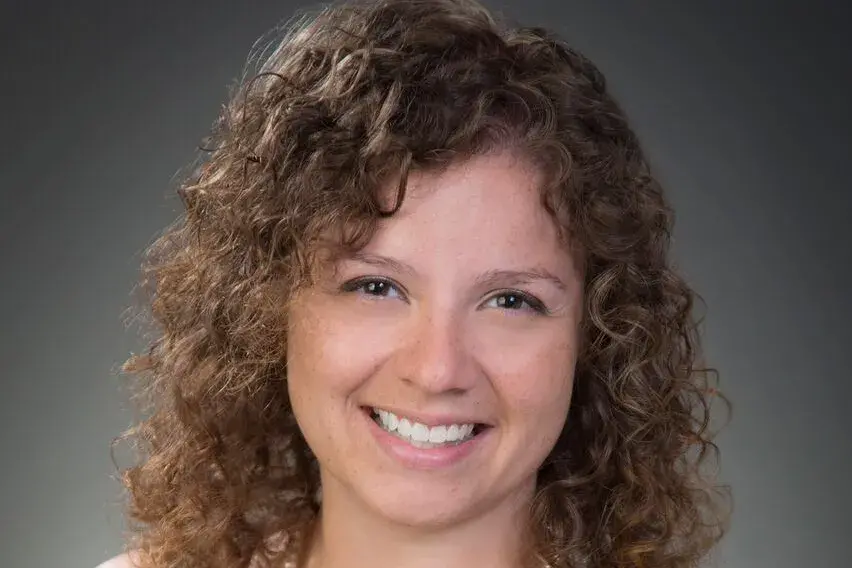Leadership Perspective: BuckIPE Curriculum Director on Interprofessional Teamwork and the Future of Care

Alexa Sevin Valentino, PharmD, MBA, BCACP, TTS is Associate Professor of Clinical Pharmacy in the College of Pharmacy and Director of the BuckIPE Core Curriculum. Here she reflects on her introduction to interprofessional teamwork—and shares why it’s essential for the future of health and health care.
What drew you to interprofessional practice and education?
In my first year of postgraduate residency, I worked with a small interprofessional team that included pharmacists, nurses, physicians, and nurse practitioners. We operated as an urgent care and a primary care practice, and I got to experience firsthand the quality of care that patients receive when multiple perspectives are included in the care process. Patients got the best assessment, diagnosis, treatment, and follow up because our team worked collaboratively with each other and the patient.
I knew that I wanted to spend my career working in an environment with this level of interprofessional collaborative practice because I see it as the best way to help patients. I also fell in love with interprofessional education, which allowed me to share my passion for this type of practice with learners.
Alexa Sevin Valentino, PharmD, MBA, BCACP, TTS
What is your experience with interprofessional practice?
I’ve had the pleasure of practicing as a clinical pharmacist at PrimaryOne Health (P1H), a multi-site community health center in Columbus, for nine years. In my daily practice, I work alongside our nurse practitioners, physicians, nurses, dietitians, and behavioral health clinicians to provide primary care to underserved patients.
In my time at P1H, I’ve also worked with team members from our front desk staff to our dental and vision services to engage in quality improvement initiatives. I love working in an environment where I know I can lean on professionals with complementary expertise—it allows me to focus on optimizing patient’s medication therapy.
I feel good knowing that I can connect the patient with a nurse, dietitian or behavioral health clinician (social worker) and that as a team we’re providing the patient with thorough, high-quality care.
From your perspective, why is IPE important for learners in the College of Pharmacy?
Interprofessional education is essential for all future healthcare practitioners. The knowledge, skills, and attitudes that students develop through interprofessional education experiences are unique and can’t be accomplished without reaching across professions and disciplines. Most students choose a career in health care because they want to help people. I strongly believe that interprofessional collaborative practice allows us to help people in the most effective way.
Learn more about BuckIPE here.
